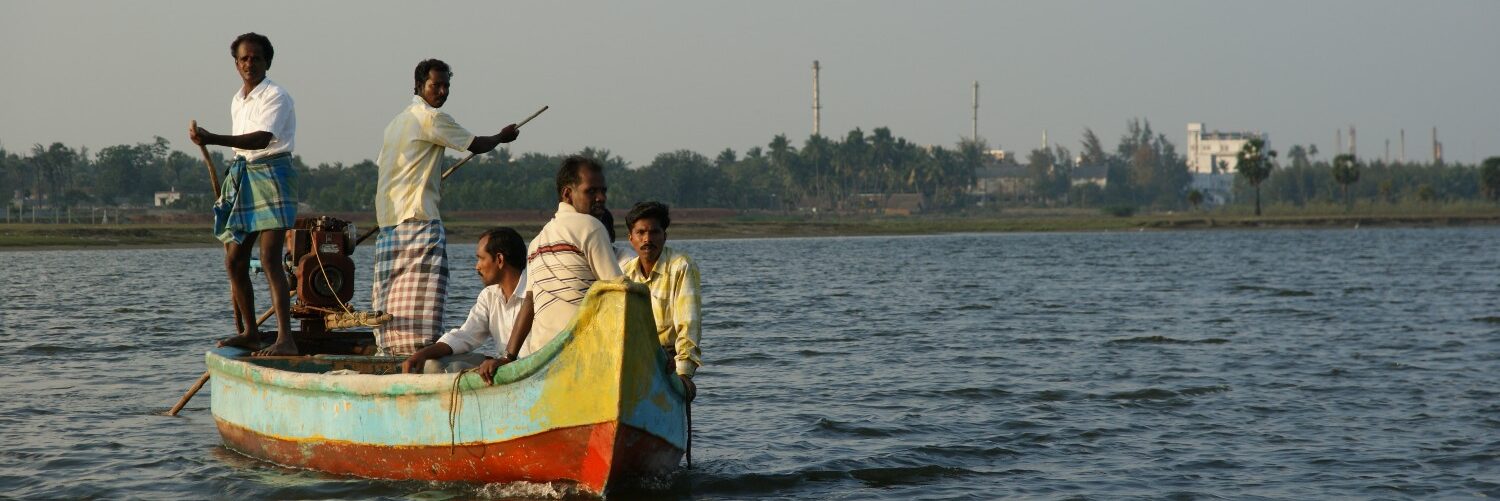Tuesday May 24, 2005
Staff Reporter
The Hindu
Small-scale industries have high aggregate pollution potential The benchmark report assembles all available data on water and air pollution, biodiversity, land degradation and waste management
CHENNAI: The State of Environment (SoE) Report of Tamil Nadu, released by the Environment Department on Monday, officially confirmed what environmentalists had feared all along: Pollution and over-exploitation had taken an unprecedented toll on the State’s natural resources. The report also listed out a series of hotspots where the burden on land, water and air was maximum. While rivers Cooum, Noyyal and Cauvery had been sullied by effluent discharge, coastal areas such as Chennai, Cuddalore, Nagapattinam and Tuticorin did not fare any better. Manali in Chennai, Cuddalore, Vaniyambadi, Tuticorin and Tiruppur emerged as industrial hotspots for air pollution. The report listed things as they stood in 2002.
This is the first such attempt made by the Environment Department as part of the Tenth Year Plan and the report is expected to provide a benchmark for environmental reporting by assembling together all available data on issues like water and air pollution, biodiversity conservation, land degradation and waste management.
While surface water resources were “almost fully harnessed”, 60 per cent of the groundwater resources had also been utilised. Small-scale industries that were increasing by 8.25 per cent every year had a high aggregate pollution potential. Only 16.4 per cent of the State was under forest cover, most of which was degraded. There was a three-fold increase in sand mining between 1991 and 2001 and ecologically sensitive Nilgiris and Kodaikanal were under “mining pressure” for their bauxite and granite reserves.
Groundwater quality
Industrial discharge had severely impacted groundwater quality in Chennai, Karur and Erode, the report said.
On the plus side, there had been a remarkable increase in horticulture, fruit, vegetable and spice production. More industries were opting for common effluent treatment plants.
Inaugurating a consultative workshop of experts to deliberate on the report, Principal Chief Conservator of Forests J.C. Kala said the combined impact of consumption of resources by developed countries and degradation by developing countries placed a tremendous stress on nature though it had a lot of assimilative capacity.
Dr. S. Balaji, Director of Environment, said the SoE would assist policymakers and contribute to the State’s “ecological security,” apart from disseminating information to all stakeholders.
After accommodating suggestions from experts at the workshop, the final report would be presented to the Central government, he added.
The report would aid in the economic development of the State along proper lines, State Environment and Forests Minister R Vaidhyalingam said at the plenary session.
Work on cleaning up the State’s rivers and waterways was proceeding as scheduled, he added.
Tamil Nadu was a forerunner in environmental planning and management and all safeguards were in place, State Environment and Forests Secretary Surjit K. Chaudhri said.
Copyright: 1995 – 2005 The Hindu
